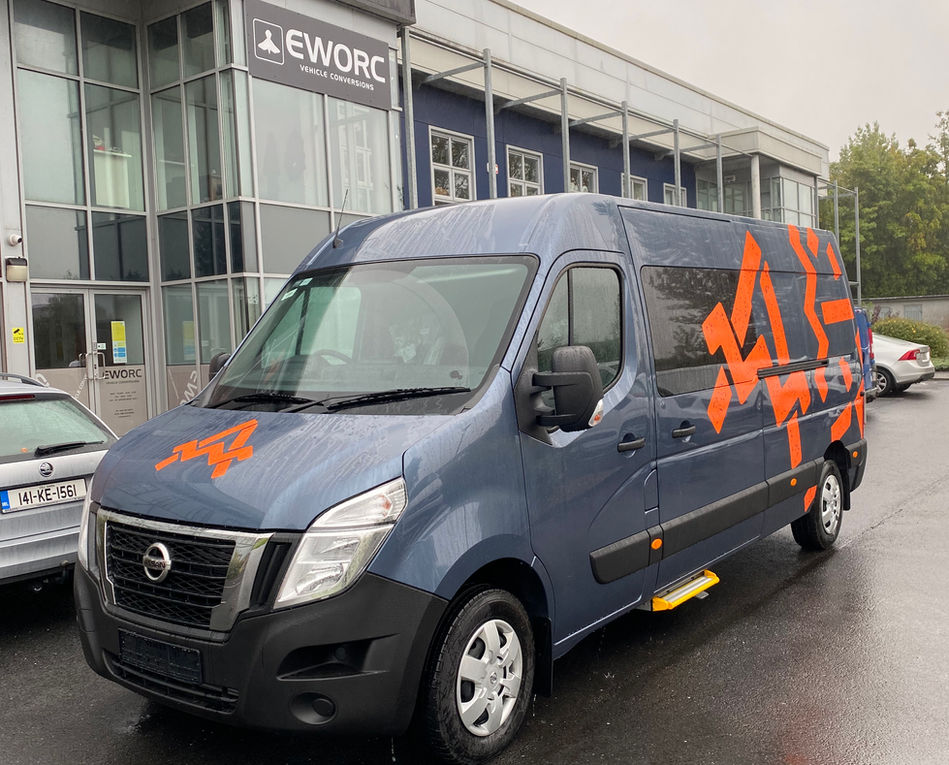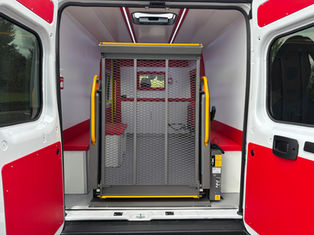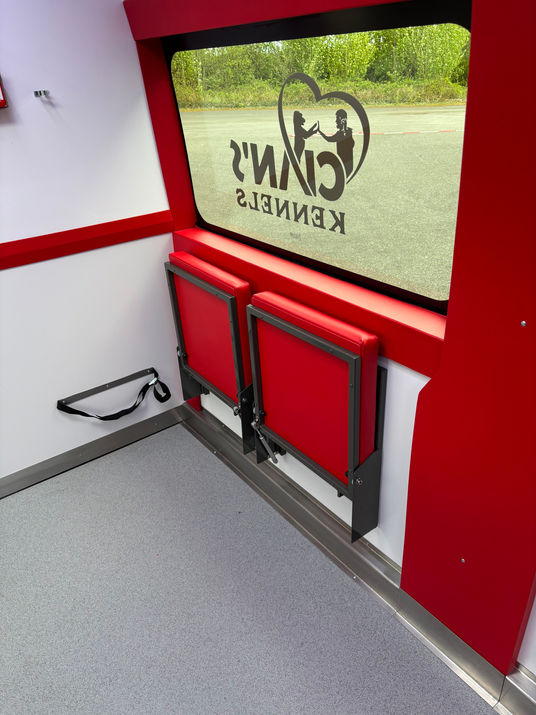
Health and social care
Healthcare vans offer a multitude of crucial benefits, primarily by extending essential medical services beyond the confines of traditional clinics and hospitals. These mobile units can reach underserved communities, individuals with limited mobility, or those facing barriers to accessing healthcare, such as lack of transportation or financial constraints. By bringing services directly to people, healthcare vans facilitate early detection of illnesses, provide preventative care like vaccinations and screenings, manage chronic conditions, and offer health education, ultimately leading to improved health outcomes and reduced health disparities within a community.
EWORC empowers service providers by designing and manufacturing vans
that are ideally suited for their community service delivery
Outreach vans
Increased Accessibility......Mobile units can reach individuals who may not be able or willing to access fixed site services. This includes those in geographically isolated areas, people experiencing homelessness, individuals with mobility issues, or those who face stigma or fear associated with attending traditional clinics. By going directly to where people are, the service provider can engage with a wider and more diverse range of service users.
A mobile unit would significantly boost the assertive outreach work already undertaken. It can provide a dedicated and recognisable space to engage with individuals on the streets, in parks, or other community settings, fostering trust and making initial contact easier
Therapy Vans
Bringing comfort and companionship directly to those who need it most, mobile pet therapy vans are transforming the landscape of care for sick children. These specialized vehicles act as a haven on wheels, transporting trained therapy animals and handlers to hospitals, hospices, and homes, offering a unique and powerful form of emotional support. By providing opportunities for gentle interaction with calming animals, these mobile units aim to alleviate anxiety, reduce feelings of isolation, and bring moments of joy and normalcy to young patients facing challenging health circumstances.
















